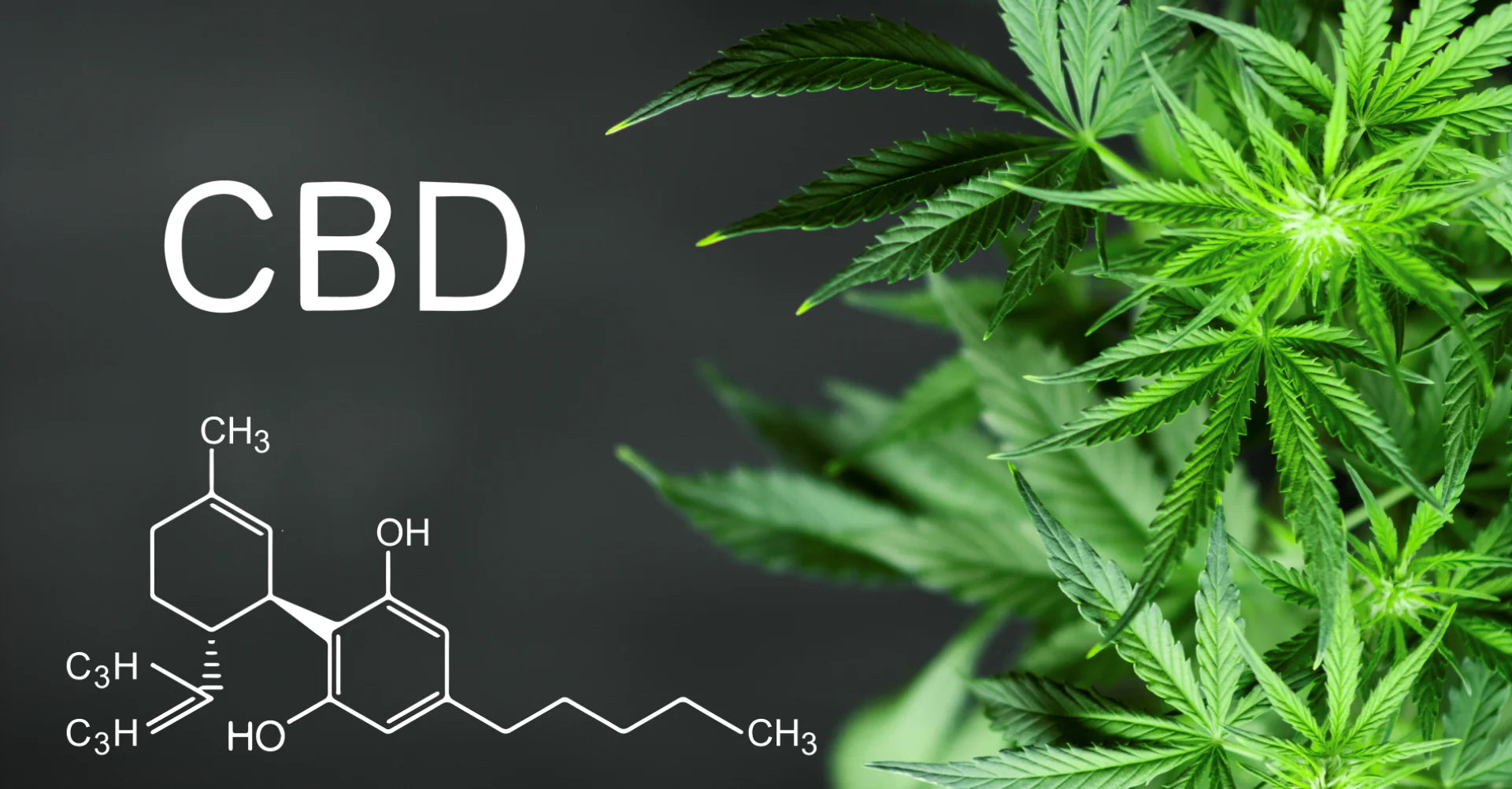Did you know “CBD facts” aren’t always facts? Lately, it seems like everyone is talking about CBD. But with so much talk, it's inevitable that some misinformation will work itself into the conversation. In fact, some CBD oil facts that you may have seen on blogs or news sites are not very factual at all. That’s why we’re taking the time to debunk some of the most common CBD myths that we see flying around on a regular basis.
Here are 6 myths about CBD and the facts that you actually need to know.

Myth #1: CBD Is Not Psychoactive
Many people like to claim that CBD is not psychoactive. This statement is often made in order to let people know that CBD does not get you high like THC does. But just because CBD is not mind-altering in the way that THC is does not mean that it isn’t psychoactive.
A “psychoactive” substance is one that has some kind of effect on a person’s mental state. CBD does not produce intoxicating effects, but it does interact with the body in ways that can influence mood and perception. Researchers continue to study how CBD interacts with various pathways involved in mental state and overall balance.
Myth #2: Less Is More With CBD Oil
Another one of the CBD oil facts that we see all the time is that small doses of CBD can be just as effective as large doses. Most studies that test the effects of CBD do so using various dosing strategies. There is currently no established standard dose of CBD for any individual. The best way to determine what works for you is often through personal experimentation, starting low and adjusting as needed in consultation with your healthcare professional.
Myth #3: CBD Is Sedating
CBD is sometimes thought to be sedating, but research indicates that it does not typically produce direct sedative effects. While some people include CBD in their evening wellness routines, it does not cause drowsiness for everyone. Effects may vary from person to person. Some plant varieties that are high in CBD can also contain other compounds, such as certain terpenes like Myrcene, which are associated with calming effects.

Myth #4: CBD Isolate Is Just as Good as Full-Spectrum
Some people claim that CBD isolate is just as effective as full-spectrum CBD oil. A 2015 study found that other cannabis compounds may actually influence how CBD works in the body.
These findings support the entourage effect, a theory first proposed by Israeli researchers in 1998, that states that cannabinoids interact with one another and with terpenes found in the cannabis plant. While more research is needed to fully confirm the entourage effect, many believe that full-spectrum or broad-spectrum CBD products may provide a broader range of experiences compared to CBD isolate alone.
Myth #5: CBD Binds to Endocannabinoid Receptors
When cannabinoids enter your system, they work by interacting with your body’s inner endocannabinoid system – a network of cell receptors spread throughout your central and peripheral nervous systems.
THC works by binding directly to these receptors. However, CBD interacts with the body differently and does not directly bind to these receptors in the same way. Instead, it is believed to modulate the activity of these receptors and may also interact with other pathways in the body such as 5-HT1A receptors. Research is ongoing to better understand the mechanisms involved.
Myth #6: CBD Doesn’t Work
Some people have tried CBD and found that their experiences varied. In some cases, users may have tried CBD isolate or a broad-spectrum product—neither of which has THC. Many believe that the overall cannabinoid and terpene profile can influence the product experience. If you have tried a broad-spectrum product and didn't get the experience you were looking for, you may want to explore other options, such as full-spectrum products, to see what works best for your own preferences and wellness goals.



















